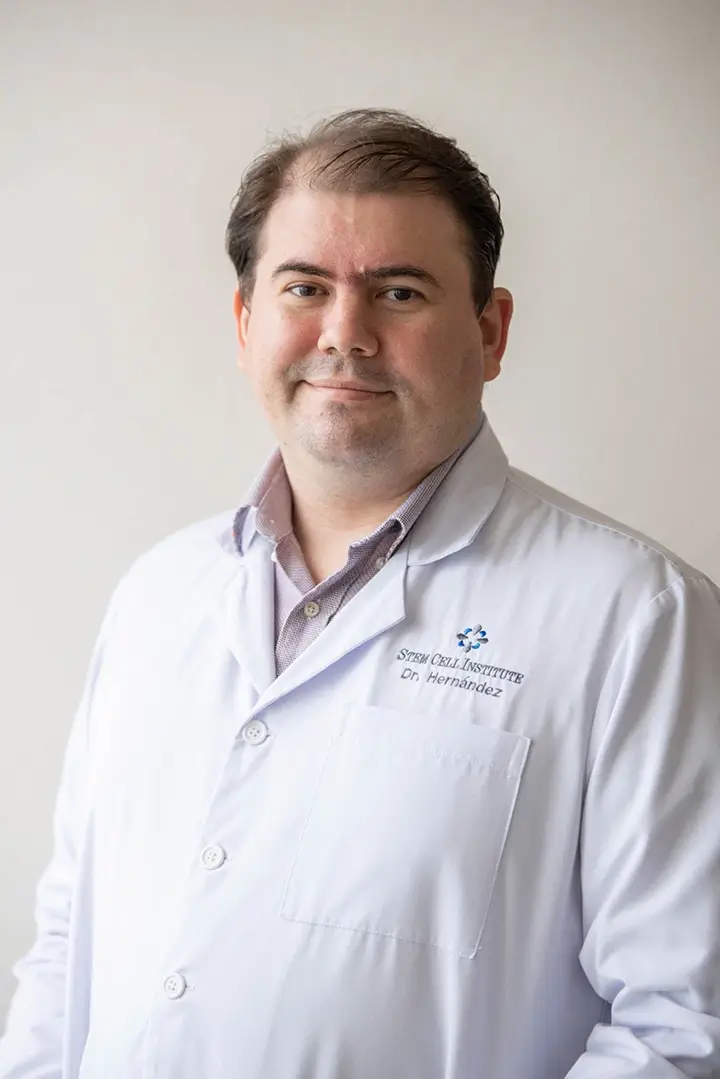The National Institute of Health has granted the Creighton School of Medicine $3.3 million dollars to study repairing damaged coronary arteries with adult stem cells. Such damage can occur when patients undergo coronary artery angioplasty and stenting.
A serious problem that occurs is the re-narrowing (restenosis) of coronary arteries after stent placement. Stents are used to help widen narrowed arteries. Restenosis can be reduced by using drug-eluding stents but they can also lead to deposits of blood platelets within the artery that destroy its lining. To counteract this effect, anti-platelet therapy is employed. However, upset stomach, diarhea and nausea are serious side effects that are caused by anti-platelet therapy.
Creighton researchers, Devendra Agrawal, Ph.D, Michael Del Core and William Hunter are the primary and co-investigators. Dr. Agrawal is a professor of biomedical sciences. Dr. Del Core is a cardiologist and Dr. Hunter is a pathologist.
Autologous mesenchymal stem cells will be delivered with a specialized gene into the coronary arteries of pigs. The goal of this study is to determine if adult stem cell + gene therapy is superior to drug eluting stents, which are today’s standard of care. Such a treatment could eliminate the need for stents altogether if successful.
Recent research has shown that angioplasty and stenting – commonly used to open narrowed coronary arteries – are not as effective as once thought.
The Archives of Internal Medicine published a study of 15,000 patients showing that angioplasty + stenting can cause more harm than good in certain patients. The study determined that 10% of patients had to be readmitted to a hospital within 30 days of stenting and that they were at a higher risk of death within 1 year than the other 90%.

